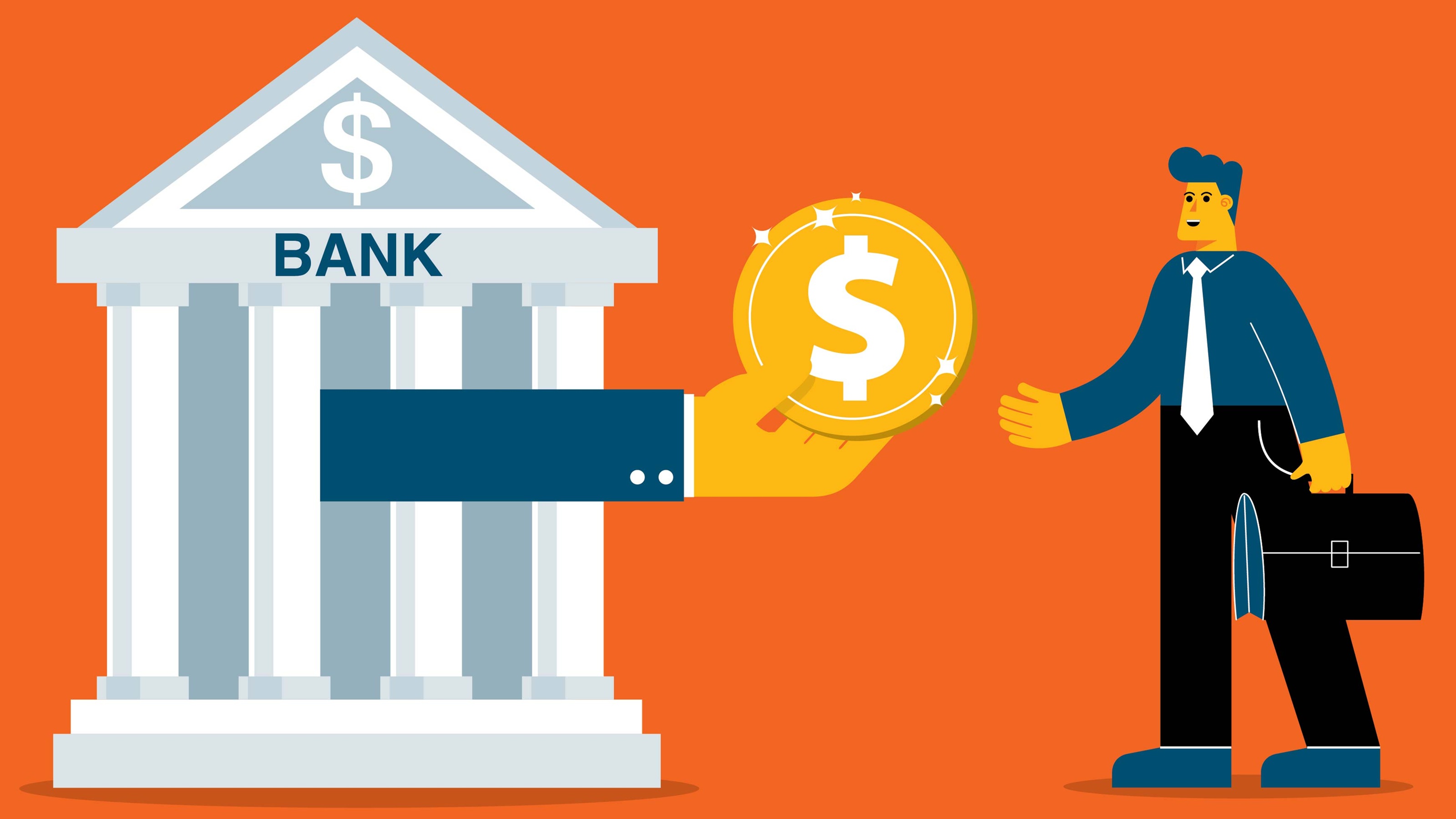How to Shop Smarter as Tariffs Drive Up Prices in 2025
Tariff fatigue is real. Here’s how to save as prices rise and uncertainty grows.


Since Trump began introducing tariffs on goods imported from countries like China and Canada, consumers have seen prices steadily climb.
The ongoing policy shifts have made it difficult for shoppers and retailers alike to plan ahead. The result is what economists are calling tariff fatigue: a gradual dip in consumer spending as frustrated shoppers pull back, delay purchases or forgo them altogether.
Even if you're not tracking trade policy, these tariffs may already be affecting your day-to-day spending in ways you haven't noticed.

Sign up for Kiplinger’s Free E-Newsletters
Profit and prosper with the best of expert advice on investing, taxes, retirement, personal finance and more - straight to your e-mail.
Profit and prosper with the best of expert advice - straight to your e-mail.
How tariff fatigue is shaping consumer spending
U.S. tariffs in 2025 have been confusing, to say the least. Retailers have slashed orders from China amid ongoing trade uncertainty, sparking warnings of bare shelves and even rumors of a potential toy shortage this holiday season. Prices are already climbing, and retailers like Walmart and Amazon have acknowledged price increases.
According to the U.S. Census Bureau, tariff fatigue is setting in and contributing to a decline in consumer spending. Retail and food services sales dropped 0.9% in May compared to April, which itself saw a 1% decline from March.
While the decreases may seem modest, they suggest that American consumers are beginning to pull back, and steeper tariffs could lead to even greater cutbacks in the months ahead.
How consumers are responding to U.S. tariffs in 2025
A Numerator Tariff Impact Survey, which was conducted in April, identified how consumers are changing their buying behavior because of the tariffs. The survey found that 83% of shoppers planned to make changes to their finances or shopping behaviors.
Among those changes, 43% of respondents look for sales or coupons to help offset price increases, and 32% of respondents planned to delay making a purchase until after the prices stabilize.
Additionally, 32% of respondents planned to buy fewer imported goods, while 25% planned to buy U.S.-made alternatives to the products they normally used.
How to cope with tariff uncertainty

The back-and-forth nature of the tariffs has made it difficult for consumers to plan their shopping and strategically respond.
While tariff fatigue might have you feeling frustrated and wanting to cut back on your shopping, there are still ways to save money and get the best deals during your summertime shopping.
- Stock up. Given the uncertainty of Trump’s approach to the tariffs, it’s possible that he might implement more or higher tariffs this summer that could drive up prices in the fall. If you know you’ll need to buy certain items, like school supplies or a new computer, it could pay off to stock up now to avoid any higher prices later on.
- Buy used. Consider heading to your local consignment shop for clothing purchases, or shop on Facebook Marketplace for local deals on items. You can also find deals on thrifting websites like Poshmark and ThredUp, though shipping costs will reduce your savings.
- Look for sales. Many retailers hold summer sales, especially around holidays like the Fourth of July. Amazon Prime Day will take place from July 8 through July 11 this year, and you may be able to find good tech deals. As sales approach, do some comparison shopping to determine which retailer offers the best deals on the products you need.
- Use shopping apps. Many shopping apps can help you find the best deals or even earn money back on your purchases, which can help offset higher product prices. For example, you can earn rewards for scanning your store receipts on Receipt Hog, while Ibotta provides cashback rewards on purchases from specific retailers. Don’t forget to also sign up for your local grocery stores’ apps, which you can use to download coupons and take advantage of store sales.
- Use a rewards credit card. Depending on your credit score, you may be able to open a rewards credit card to earn cash back on common purchases like groceries and gas. These rewards can quickly add up and can help you save money over time. When applying for a card, consider whether you’ll need to pay an annual service fee, and look for any other hidden fees. Review the interest rate and pay off your balance monthly to avoid paying interest.
Bottom Line
While you can’t control tariffs or their impact on prices, you can take steps to shop strategically. Cutting back on spending is one way to save, but there are also smart strategies that can help you get the products you need without overspending.
From timing your purchases around major sales to using cashback apps and rewards credit cards, small adjustments can add up to meaningful savings. In a time of rising costs and uncertainty, being a more intentional shopper can help you stay ahead.
Related content
Profit and prosper with the best of Kiplinger's advice on investing, taxes, retirement, personal finance and much more. Delivered daily. Enter your email in the box and click Sign Me Up.

Paige Cerulli is a freelance journalist and content writer with more than 15 years of experience. She specializes in personal finance, health, and commerce content. Paige majored in English and music performance at Westfield State University and has received numerous awards for her creative nonfiction. Her work has appeared in The U.S. News & World Report, USA Today, GOBankingRates, Top Ten Reviews, TIME Stamped Shopping and more. In her spare time, Paige enjoys horseback riding, photography and playing the flute. Connect with her on LinkedIn.
-
 Callable CDs Have High Rates. We Still Don't Recommend You Get Them
Callable CDs Have High Rates. We Still Don't Recommend You Get ThemInvestors must carefully consider the trade-offs, as falling interest rates could lead to reinvestment at a lower yield and make selling on the secondary market difficult.
-
 High Mortgage Rates Are Holding My Retirement Hostage: Can I Still Downsize and Retire?
High Mortgage Rates Are Holding My Retirement Hostage: Can I Still Downsize and Retire?We ask retirement wealth advisers what to do.
-
 Five Big Beautiful Bill Changes and How Wealthy Retirees Can Benefit
Five Big Beautiful Bill Changes and How Wealthy Retirees Can BenefitHere's how wealthy retirees can plan for the changes in the new tax legislation, including what it means for tax rates, the SALT cap, charitable giving, estate taxes and other deductions and credits.
-
 This is the Best CD to Get Amid Rate Uncertainty
This is the Best CD to Get Amid Rate UncertaintyThis CD helps you earn more than 4%, with quick access to your cash if you need it.
-
 Is It Time to Cut the Cord on Your Landline?
Is It Time to Cut the Cord on Your Landline?With rising costs and evolving technology, many are rethinking their home phone service. Here's how to decide if it's time to let go.
-
 Can AI Help With Your Finances?
Can AI Help With Your Finances?ChatGPT and other artificial-intelligence tools will streamline certain tasks, but don't count on them to get everything right.
-
 Neglecting Car Maintenance Could Cost You More Than a Repair, Especially in the Summer
Neglecting Car Maintenance Could Cost You More Than a Repair, Especially in the SummerWorn, underinflated tires and other degraded car parts can fail in extreme heat, causing accidents. If your employer is ignoring needed repairs on company cars, there's something employees can do.
-
 'Drivers License': A Wealth Strategist Helps Gen Z Hit the Road
'Drivers License': A Wealth Strategist Helps Gen Z Hit the RoadFrom student loan debt to a changing job market, this generation has some potholes to navigate. But with those challenges come opportunities.
-
 Financial Pros Provide a Beginner's Guide to Building Wealth in 10 Years
Financial Pros Provide a Beginner's Guide to Building Wealth in 10 YearsBuilding wealth over 10 years requires understanding your current financial situation, budgeting effectively, eliminating high-interest debt and increasing both your income and financial literacy.
-
 You're Divorced, But the Work Isn't Over: A Guide to Five Financial Tasks to Do ASAP
You're Divorced, But the Work Isn't Over: A Guide to Five Financial Tasks to Do ASAPOnce your divorce is settled, don't waste time. You've got to tie up some important loose ends or risk losing money and facing tax consequences.